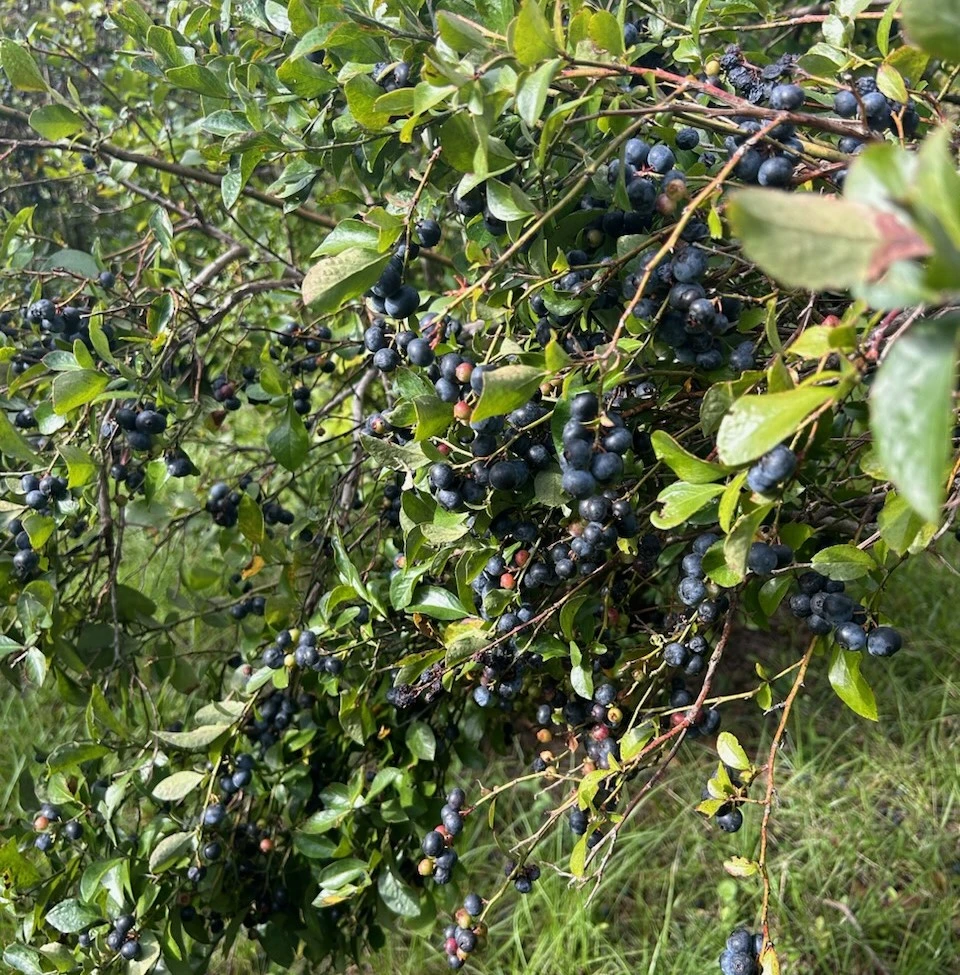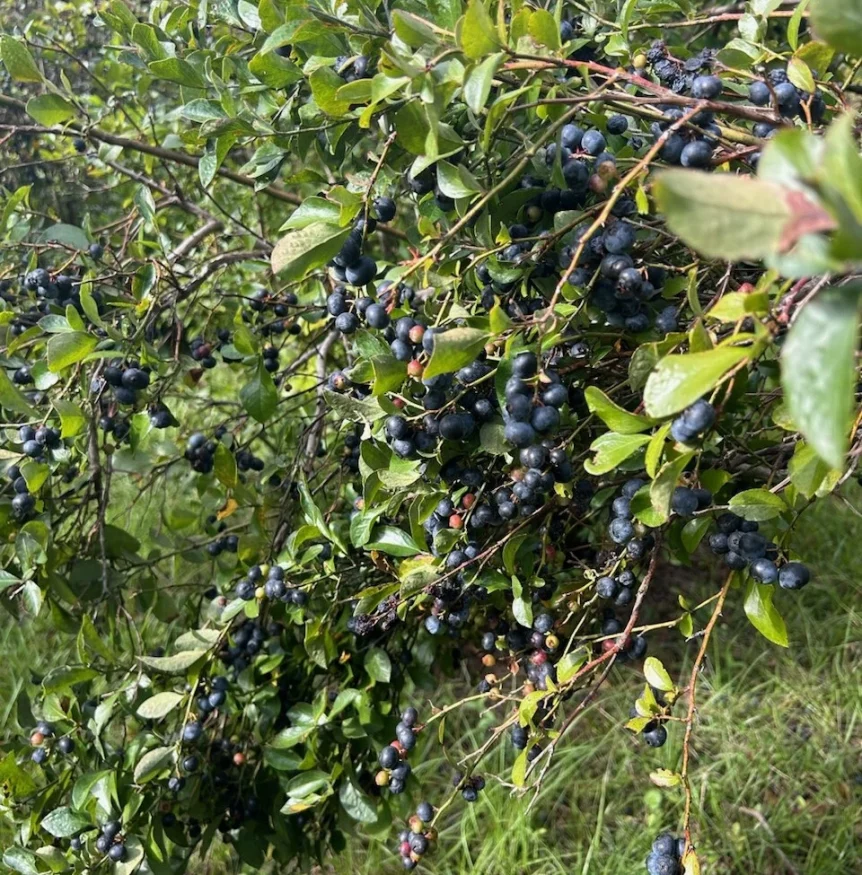
Weekly Field Update
Clemson Extension agents provide updates in The South Carolina Grower this week about the status of various crops being produced throughout the state.
Coastal Region
Zack Snipes
- We are finally getting some consistent rain and dare I say too much in short intervals.
- Most of our crops are done for the summer with a few exceptions of melons, basil, blueberries, blackberries and cut flowers coming in. This was by far the best season I had ever seen for rabbiteye blueberry. In a few fields, plants were so loaded that limbs were breaking.
- Remember to get crop residue and roots (if you can and have nematode issues) out of the fields to prepare for next season. Consider sowing some cover crops. One of my favorites is sunn hemp for this time of year.
Midlands
Sarah Scott
- Peach harvest continues along the Ridge at about 5 to 7 days ahead of a regular schedule. It’s looking as if we will be picking through the month of August if we do not get any drastic weather events. Brown rot is showing up in many areas and some growers are having a tough time keeping it at bay due to the hot and humid conditions we’ve had lately. If current fungicide treatments are not minimizing the issue, growers should reach out to their county agent regarding resistance sampling.
- Fields are being prepped for fall while summer crops such as tomato and pepper continue to hold on. Sunscald and blossom end rot continue to be the main issues in these fields.
- It has been mentioned several times by other agents as well, but there has been a large population of squash bugs and stink bugs this season. These pests can persist in plant debris left in fields, so be vigilant in sanitation and scouting.
Pee Dee
Brittney King
- Last week, certain areas in the Pee Dee got up to 5 inches of rain throughout the week. However, some areas were largely missed and got a little less than an inch for the whole week. In the areas that did receive heavy rain, it will be important to be vigilant for foliar and fruit diseases that thrive in wet conditions.
- Strawberry growers should already have orders placed, especially if you want a specific variety. Do not wait until the last minute and get stuck with a variety that you do not like! Now is a great time to get a soil test and address any soil pH or nutrient issues before planting time. Now is also a good time to stock up on pesticides and fertilizers and fix equipment.
- Tomatoes are winding down in terms of harvest quality. Southern stem blight and TSWV have been major setbacks for tomato production in the Pee Dee. It is important to use varieties that are resistant to viruses with all crops, if possible, and use proper crop rotation to prevent the buildup of soil-borne diseases and nematodes.
- Banana peppers, bell peppers and jalapenos are being harvested in great quantities. The biggest issues I have seen with peppers are soft rot and sunscald, which can be managed using Reflections or Surround WP. Sunscald is more than just a cosmetic or marketability concern; it also serves as an entry point for other disease pathogens to take over.
- Watermelon varieties like Jubilee, Crimson Sweet and Charleston Grey are still being harvested in good quantity. I am still seeing gummy stem blight and anthracnose on watermelon leaves.
- As we prepare our fields for fall, it would be beneficial to get a nematode assay done in the area you want to plant. I have pulled up several different crops with root-knot nematodes. Please refer to the 2024 SE Vegetable Crop Handbook on pages 281-283 for more information on managing nematodes in vegetable crops.
Upstate
Andy Rollins
- Muscadine grapes are looking good in the upstate. Yields and crop quality look to be as good as last year or better. We are finding some black rot (Guignardia bidwellii f. muscadinii) but only leaf symptoms. Recent rains are requiring bi-weekly fungicide sprays to keep fruit protected, especially with moist conditions. Trial plants of Rhazzmatazz are beginning to ripen and will have to be picked over this week. This variety is a cross between muscadine and bunch grapes. The fruit often has 18% to 22% sugar, although they are very small. This has been a great reminder that grape season isn’t far away.
- There are plenty of problems on all other crops we are dealing with including scale on peach fruit. We’re seeing multiple beetle problems across the board including sap beetle, Japanese beetle and June beetle.
- We still have spider mite issues on multiple crops.
- Stinkbug damage on okra is causing tiny bumps on pods. We’re also finding corn earworm damage to leaves and pods.










